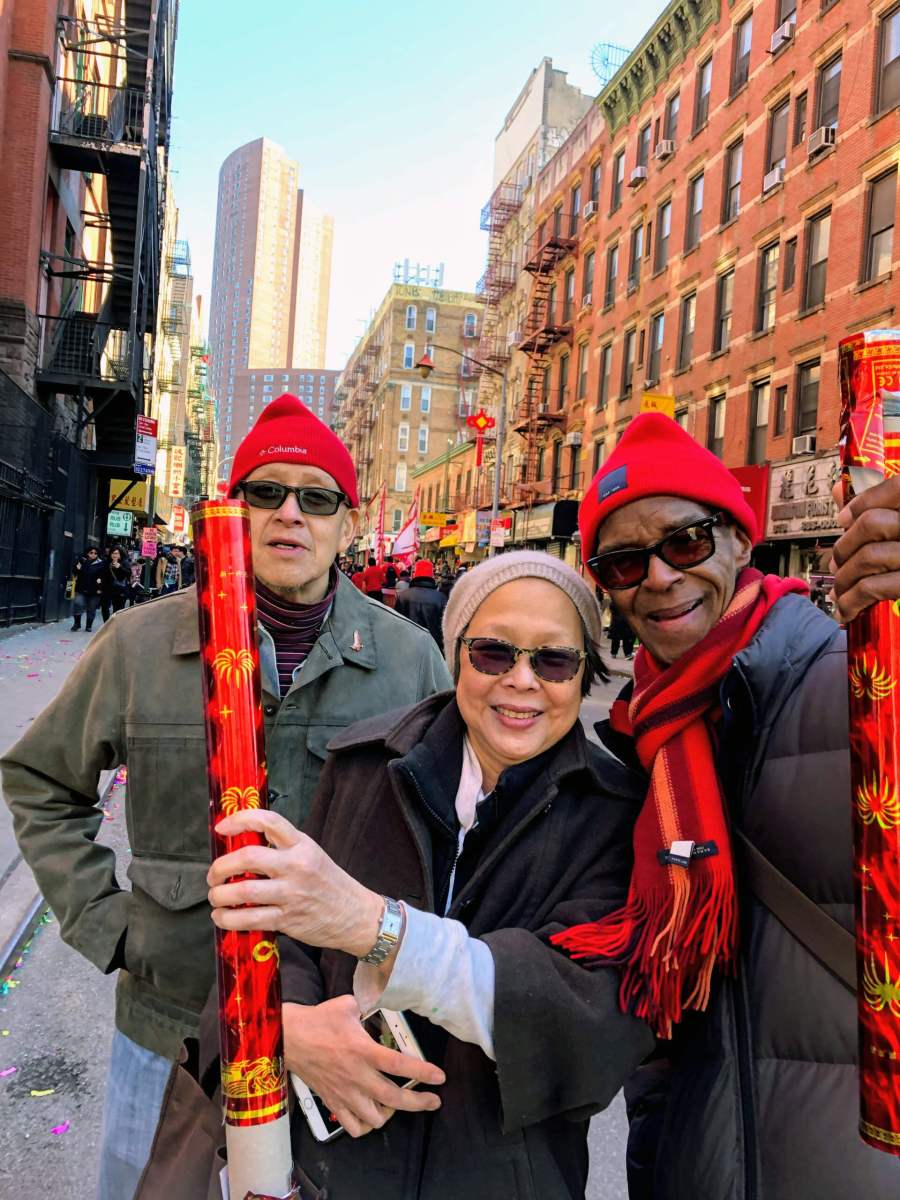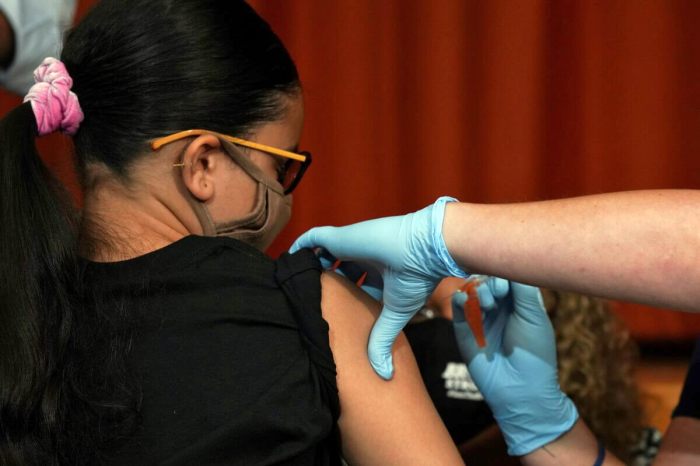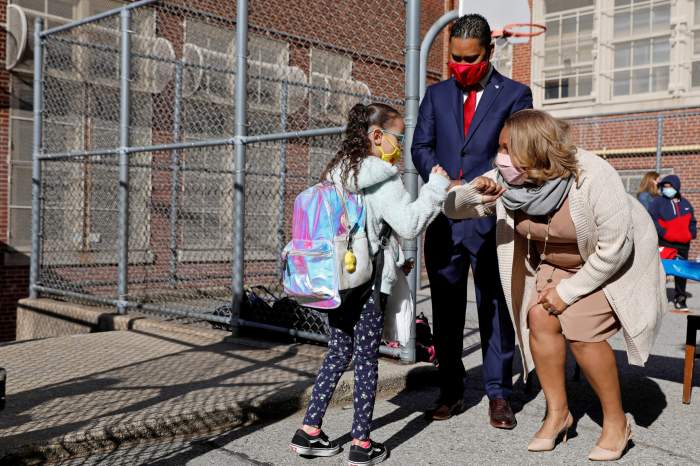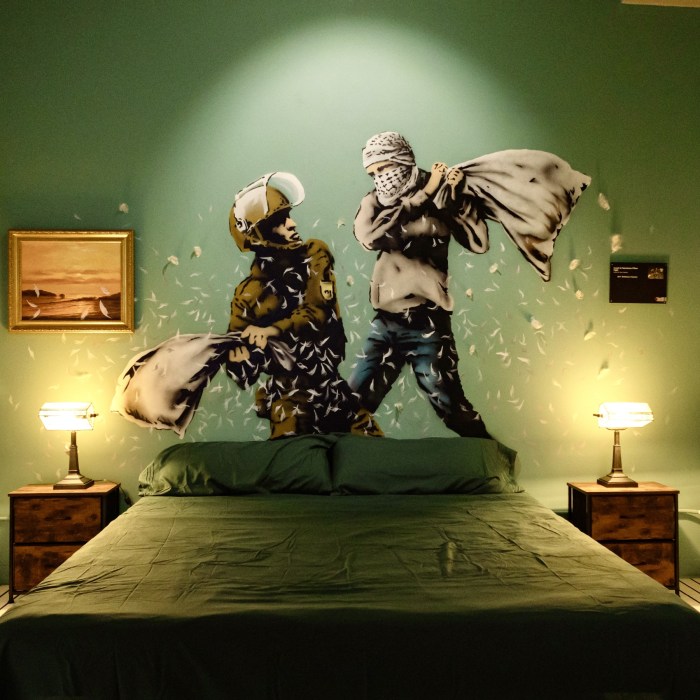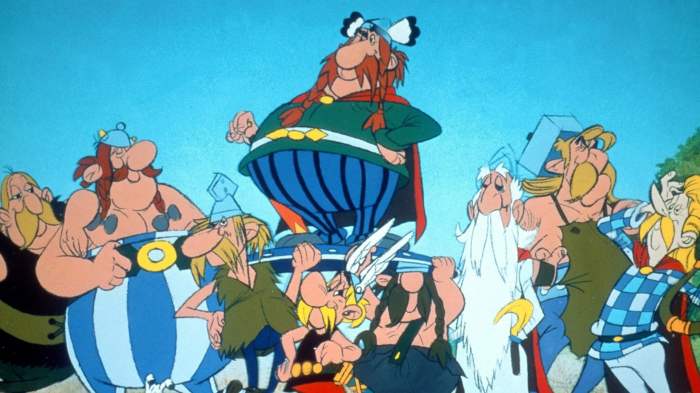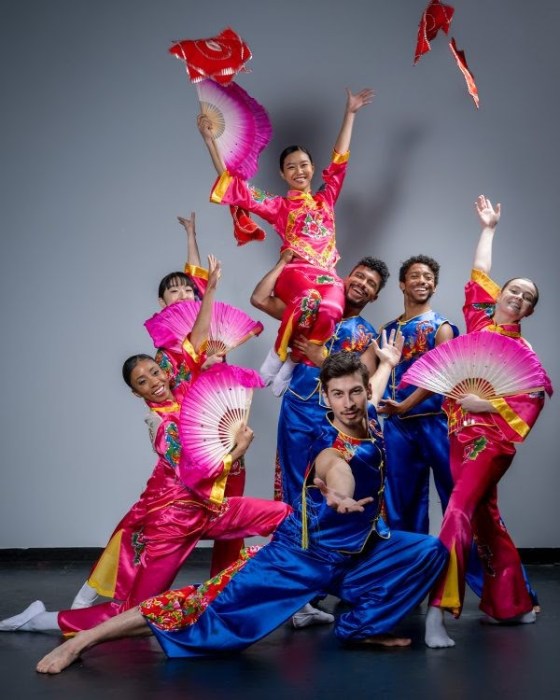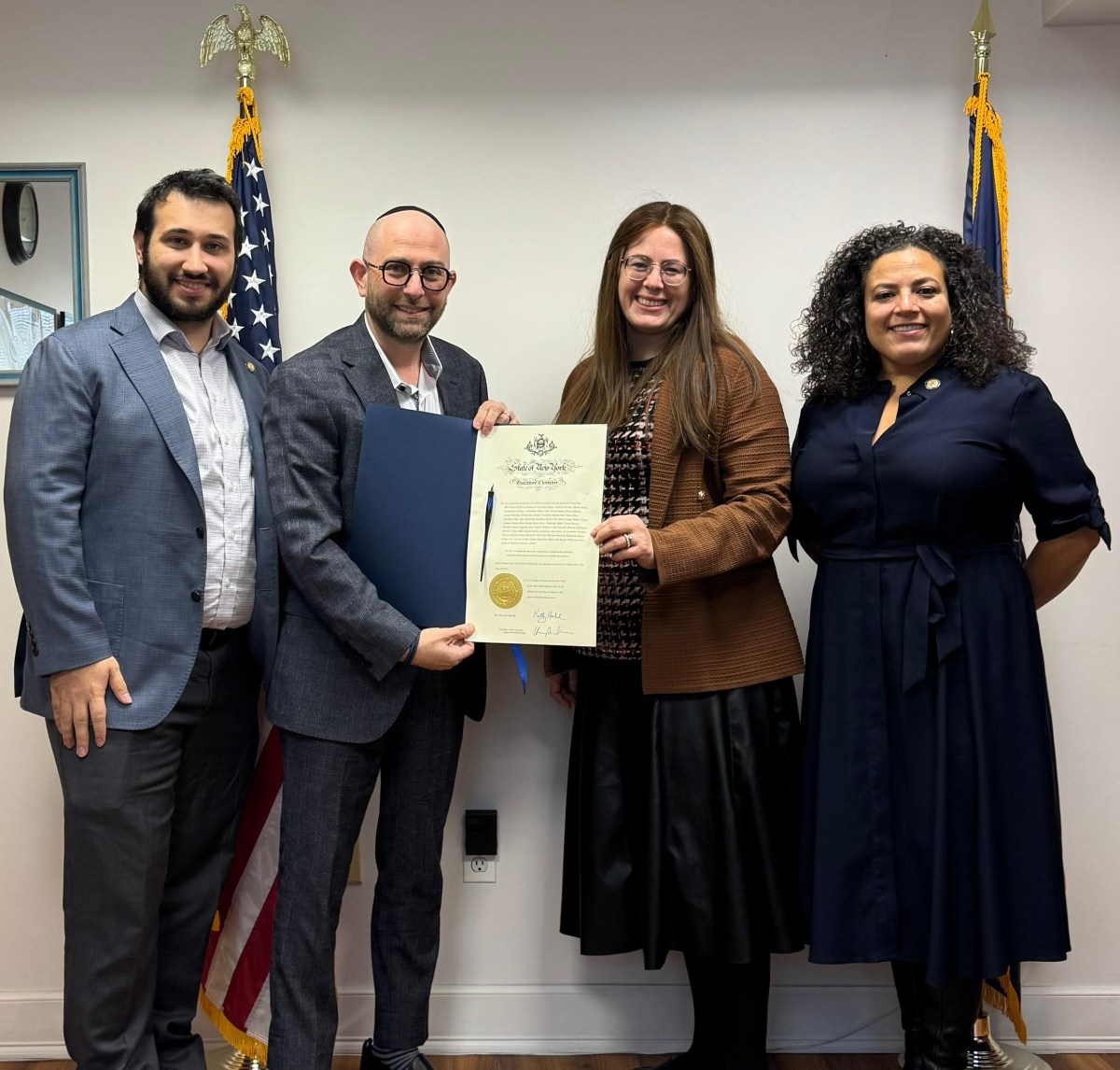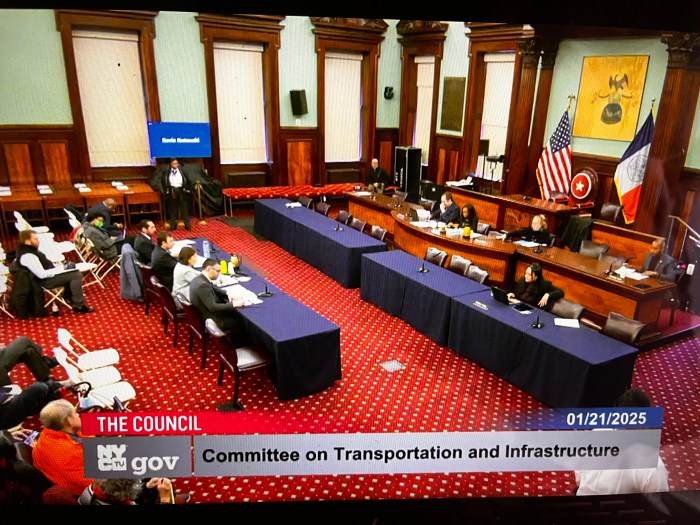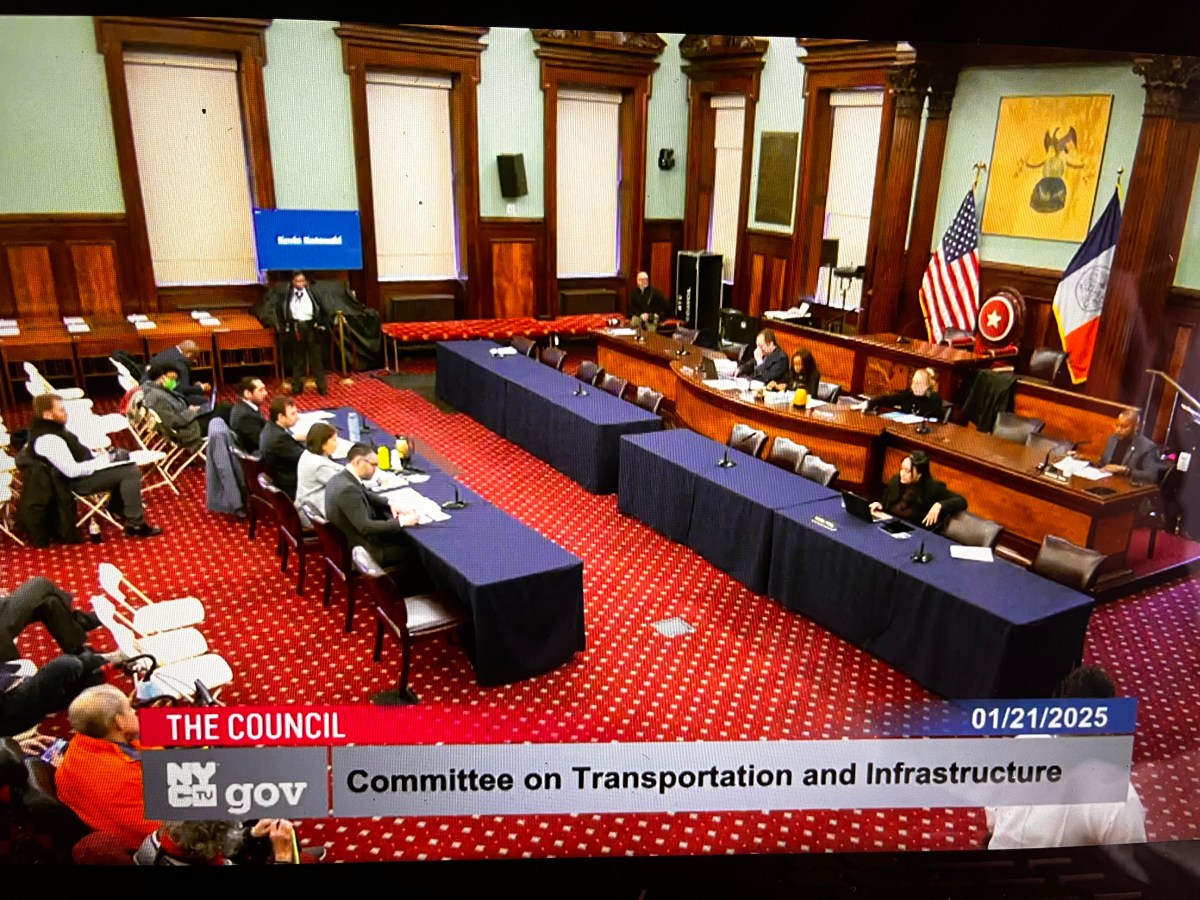On the Lunar New Year when peace and optimism should celebrate the Year of the Rabbit, the Chinese community here and on the continent are concerned with anti-Asian hate crimes and escalating rates of COVID-19 infections.
Celebrated by 20 percent of the world for 16 days, the Lunar New Year accounts for 1.5 billion citizens of China adorned with the color red, feasting on dumplings, spring rolls, rice cakes and other oriental delights in continuance of a tradition that promises new beginnings.
One out of every five people is reportedly Chinese (or of Chinese descent) and from now until Feb. 12, from Flushing to Staten Island, Asian culture will be prevalent.
According to a government scientist in China, between Jan. 13 and 19, a reported 13,000 citizens died from COVID-related illnesses in 2023.
He added that although eight in 10 people in the country have already been infected with the coronavirus, the recent easing of travel restrictions there might inflate a wave caused by family reunions.
Reportedly, more than 26 million passenger trips were taken Jan. 21, the eve of the Lunar New Year.
Experts predict COVID-related deaths in China could peak to about 36,000 over the holidays.
Here in the USA, on the lunar New Year a mass shooting in Monterey Park, California halted an intended two-day revelry at a dancehall when according to LAPD, a deranged 72-year-old Asian man randomly killed 10 Asians and critically injured 10 others who were celebrating the Year of the Rabbit.
Although at press time the tragedy has not been ruled a hate crime, the predominantly Asian community on the west coast is reeling from the uncertainty of their 16-day tradition.
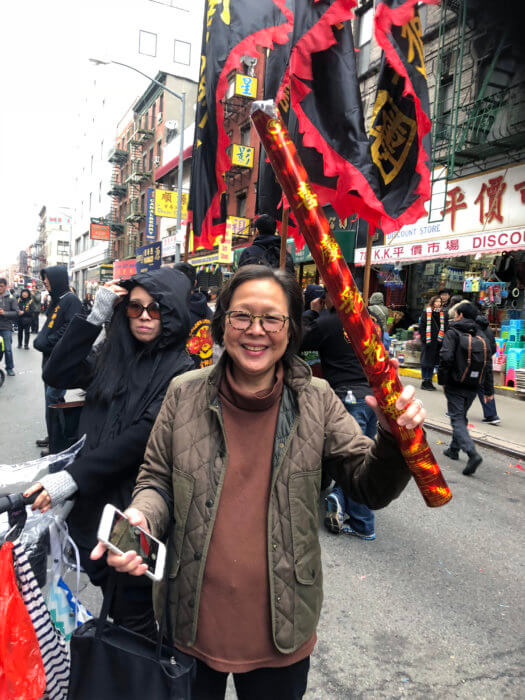
“I turned down a luncheon and a banquet,” Pamela Lee, a China Town resident said. “Between COVID and crime I am avoiding all public events.”
The New Yorker said she will avoid restaurants, museums, parades and any events where crowds will amass. She expressed caution of being infected with the coronavirus because she made plans to visit her daughter in California early next month and fear testing positive.
“I’m also staying close to home, not going out after dark because I could be a target.”
An NYPD task force released data that in 2021 there was a 361 percent rise in anti-Asian hate crimes. Since then the figure has spiked.
“We know that this is an ongoing and persistent issue,” Manjusha Kulkarna, co-founder of Stop AAPI said.
The group founded to quell bigotry against Asian American/Pacific Islanders attributed a spike to 10, 300 hate incidents from March 2020 when the pandemic began and false rhetoric from the White House blamed China for the spread of the coronavirus.
In San Francisco, preliminary statistics released in January showed a six-fold spike in hate crimes against AAPI communities.
While the Asian community should be joyously handing red money envelopes to youngsters, sporting the rosy color, blazing fireworks, dancing the lion and dragon dance, reveling at parades and gathering with family, many on the continent and here in America are red with rage from conditions surrounding the state of the nations.
Gong Hei Fat Choy!
Catch You On The Inside!


